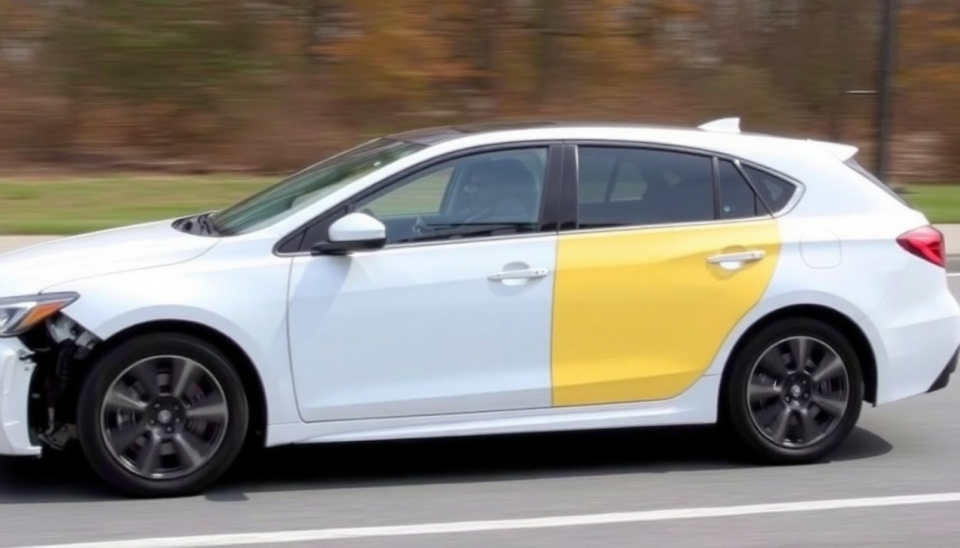New Safety Data: Adaptive Cruise Control May Increase Accident Risks

Recent research conducted by scientific experts has revealed alarming results regarding the use of adaptive cruise control systems in vehicles. While these systems are designed to enhance road safety, in some cases, they may inadvertently contribute to an increase in traffic accidents.
The study is based on an analysis of accident statistics and surveys of drivers who have utilized adaptive cruise control. It was found that many motorists tend to rely on these automated systems to an excessive degree, which ultimately results in decreased personal focus and attentiveness on the road. While adaptive cruise control can maintain a set speed and distance from the vehicle ahead, drivers often forget the necessity of being prepared for unexpected situations.
Experts emphasize that using such systems requires heightened attentiveness and an understanding of their limitations. In some instances, motorists may misinterpret the technological capabilities of these devices, leading to dangerous situations on the road. Technology developers continue to improve and design more reliable and safe systems, but users also need to recognize their responsibility.
To enhance road safety, experts recommend conducting training sessions and awareness campaigns for car owners equipped with such systems. This could help drivers better understand how to correctly use adaptive cruise control and recognize that it does not replace their role as a driver.
Thus, while adaptive cruise control offers conveniences for motorists, it is essential to remember that it is not a universal solution for preventing accidents on the road. Conscious and attentive driving remains a key factor in ensuring safety on the highways.
#AdaptiveCruiseControl #RoadSafety #TrafficAccidents #RoadTechnology #Driving #Vehicles




